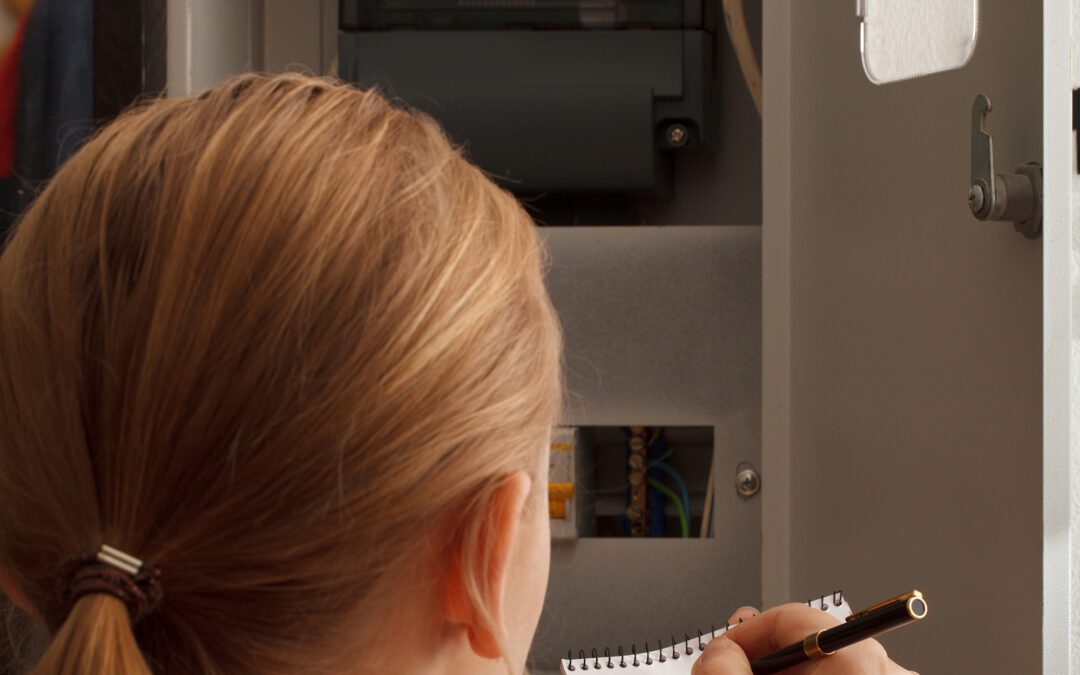When buying or selling a property in Spain, one aspect that often gets overlooked is the status of the utility meters—whether they’re for water, electricity, or gas. For many property transactions, ensuring these meters are in place and functional is an essential part of the handover process. However, it’s not uncommon to encounter situations where utility meters are removed or disconnected during the change of ownership. Let’s delve into why this happens, what it means for both buyers and sellers, and how to handle it.
Why Do Meters Get Removed?
Utility meters are directly linked to the account of the previous property owner. When a sale is completed, the previous owner may:
- Cancel their service contracts: As part of their departure, they notify utility companies to terminate their agreements. This often leads to the meter being deactivated or, in some cases, physically removed.
- Avoid future liability: Sellers may take this step to ensure they’re not held responsible for unpaid bills after the sale.
The Impact on Buyers
For buyers, inheriting a property without active utility meters can lead to delays in setting up essential services. You may need to:
- Apply for new connections.
- Pay fees to reinstall or reactivate meters.
- Verify that the property complies with regulations to have meters installed.
Steps to Avoid Meter Issues During Property Transactions
1. Check the Meter Status Early
When viewing a property, ask about the status of utility meters. Are they active, disconnected, or removed? A simple check could save you significant time and effort later.
2. Negotiate Responsibility for Reconnection
It’s essential to discuss and agree on who will handle the utility reconnections. Some sellers might agree to keep utilities active until the sale is finalised, while others may expect the buyer to take over the process.
3. Review the Property Deeds
Ensure that utility meter details are recorded in the property deeds or inventory list. If the meter isn’t listed, it may fall on the buyer to reinstall it.
4. Factor in Associated Costs
Reactivating or reinstalling a meter often incurs additional costs. These might include:
- Installation fees from the utility provider.
- Meeting regulatory requirements, such as electrical certification (Boletín Eléctrico).
5. Work with Professionals
Engaging a trusted property agent or lawyer familiar with Spanish property sales can help you navigate these challenges. They can liaise with utility providers and ensure all necessary arrangements are in place before you move in.
Key Considerations for Sellers
If you’re selling a property, keeping the utilities connected until the sale is finalised can make the handover process smoother. However, ensure you:
- Notify utility companies of your move-out date.
- Provide meter readings to avoid disputes over bills.
- Coordinate with the buyer regarding the transition of utility accounts.
Final Thoughts
Utility meters may seem like a small detail in the grand scheme of a property sale, but addressing this issue upfront can save both buyers and sellers a lot of hassle. Whether you’re buying or selling, staying informed and proactive about the meter status ensures a seamless transition and avoids unnecessary delays.
By working with experienced professionals, such as property brokers and legal experts, you can tackle this aspect of the sale with confidence, making your property transaction as smooth as possible.

